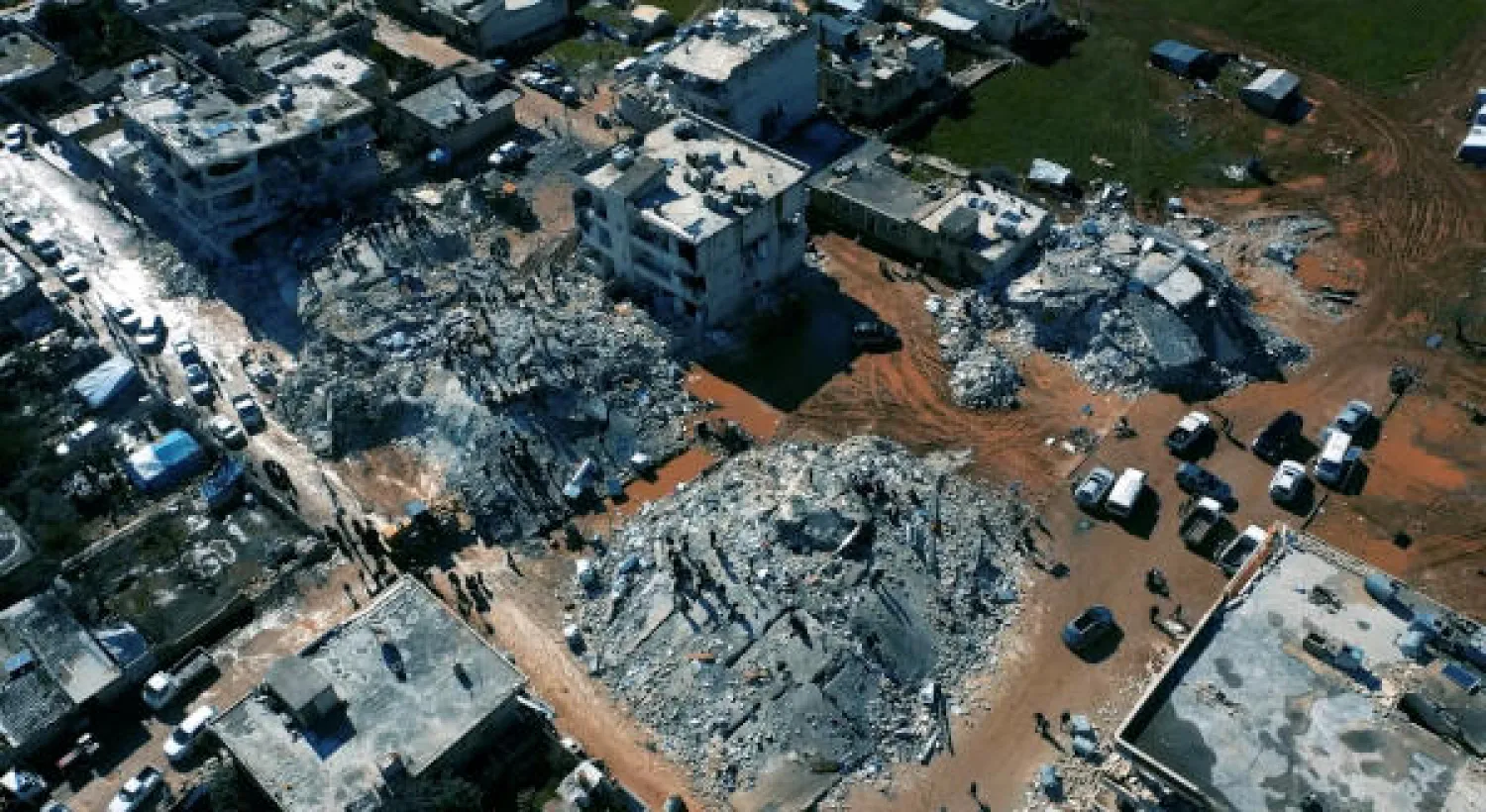The United States said Tuesday it was working with partners to provide earthquake relief in Syria but would stand firm against working with the Damascus government.
The United States also said it expected to send further assistance to Türkiye after sending two rescue teams to the NATO ally, which suffered heavily as well in Sunday's earthquake, AFP said.
"In Syria itself we have US-funded humanitarian partners that are coordinating lifesaving assistance," Secretary of State Antony Blinken told reporters as he met his Austrian counterpart.
"We're committed to providing that assistance to help people in Syria recover from this disaster, just as we have been their leading humanitarian donor since the start of the war in Syria itself," Blinken said.
"I want to emphasize here that these funds, of course, go to the Syrian people -- not to the regime. That won't change."
The United States has refused normalization of relations with Syrian President Bashar al-Assad or any direct reconstruction aid, seeking accountability for abuses during the brutal nearly 12-year civil war.
Assad has wrested back most of the country and over the past year has been restoring relations with other Arab nations as well as Türkiye.
Stephen Allen, who is leading the response on the ground for the US Agency for International Development, said that most of the damage was in areas not under Assad's control and that USAID had local partners there.
USAID is reorienting assistance that was already in place to help war-hit Syrians, instead focusing on rescue efforts and other immediate needs including providing shelter and food, Allen said.
"We've got the full gamut of humanitarian response going in northwest Syria right now," Allen told reporters.
He declined to name the non-governmental groups working with the United States, citing operational security.
The United States has announced that it was sending two rescue teams to NATO ally Türkiye. Allen said the teams would arrive Wednesday morning and head to the city of Adiyaman, where search efforts have so far been limited.
The teams, coming on two C-130 transport aircraft, are bringing 158 personnel, 12 dogs and 170,000 pounds (77,100 kilograms) of specialized equipment, he said.
"What we're focused on right now in Türkiye is getting those teams out and saving lives, to put it bluntly," Allen said from Ankara.
"If they need further assistance when it comes to populations who may be without housing or need immediate assistance, we are certainly ready to provide that," he said.
The 7.8-magnitude earthquake has killed more than 7,100 people in the two countries, according to officials and medics.









